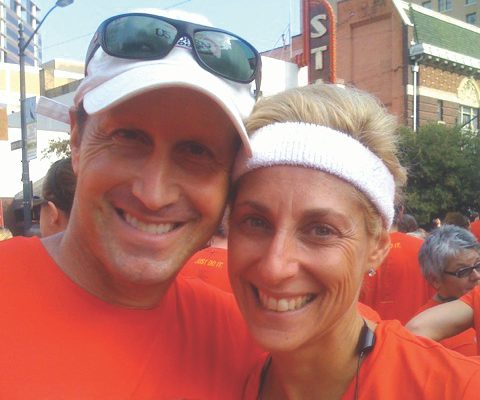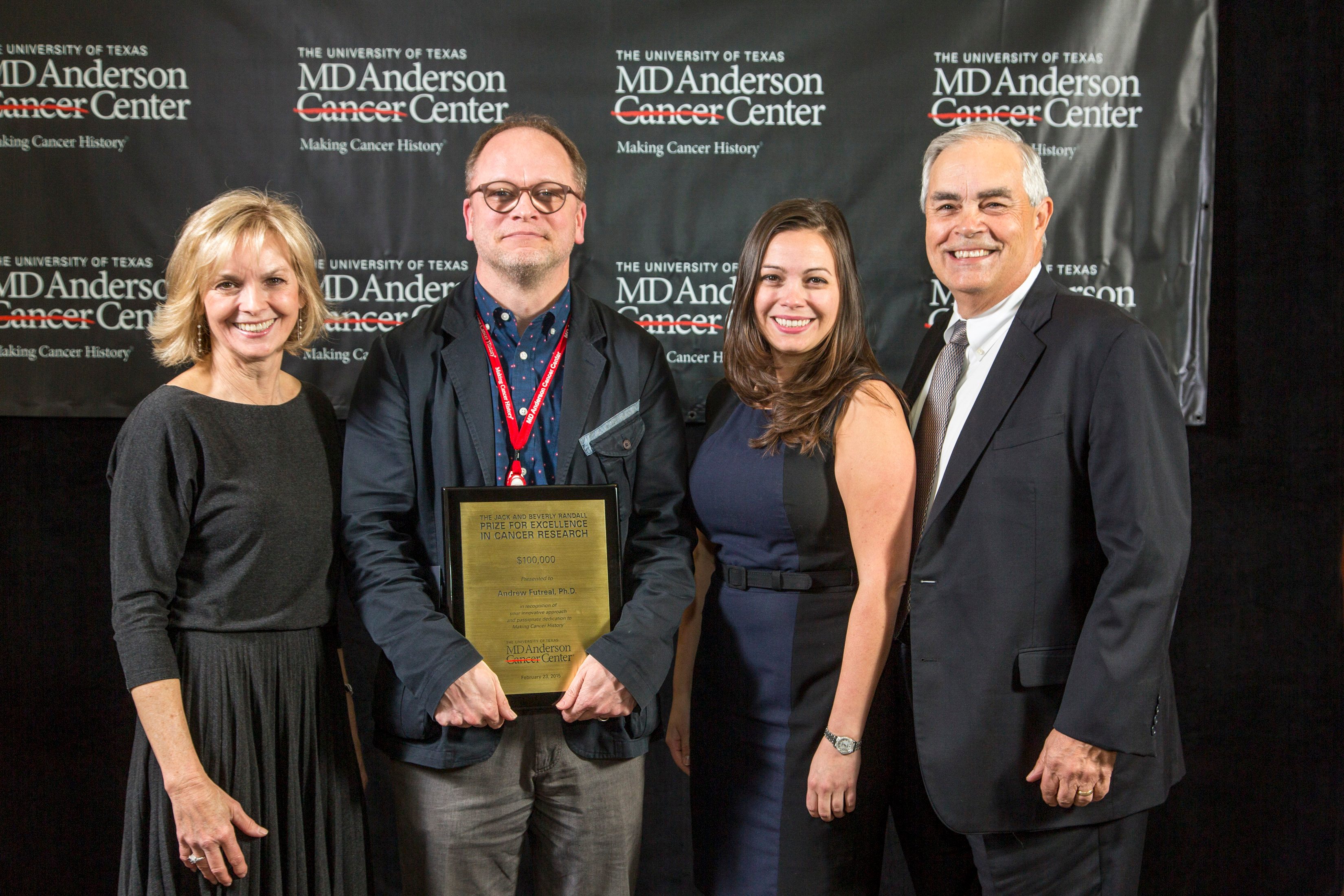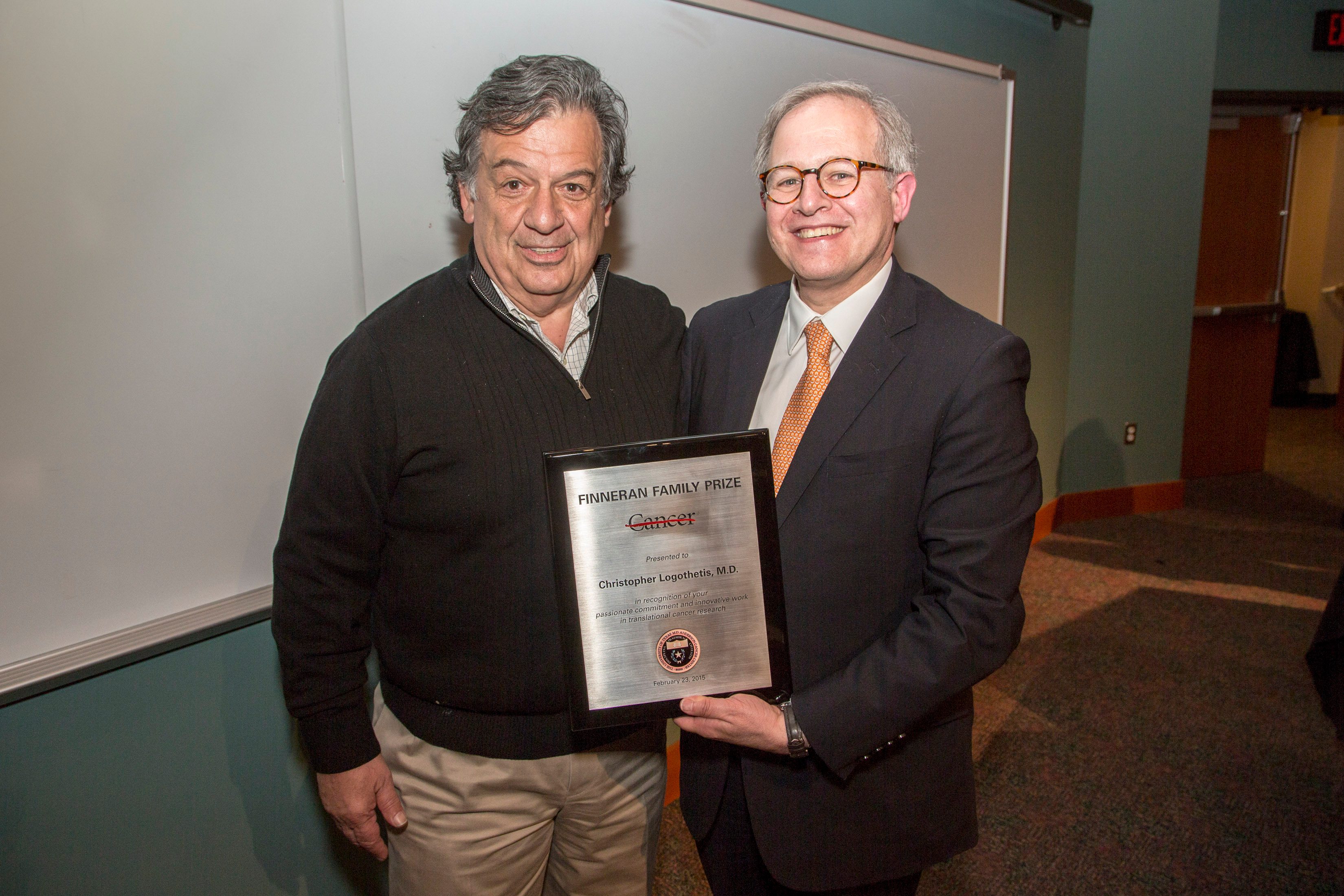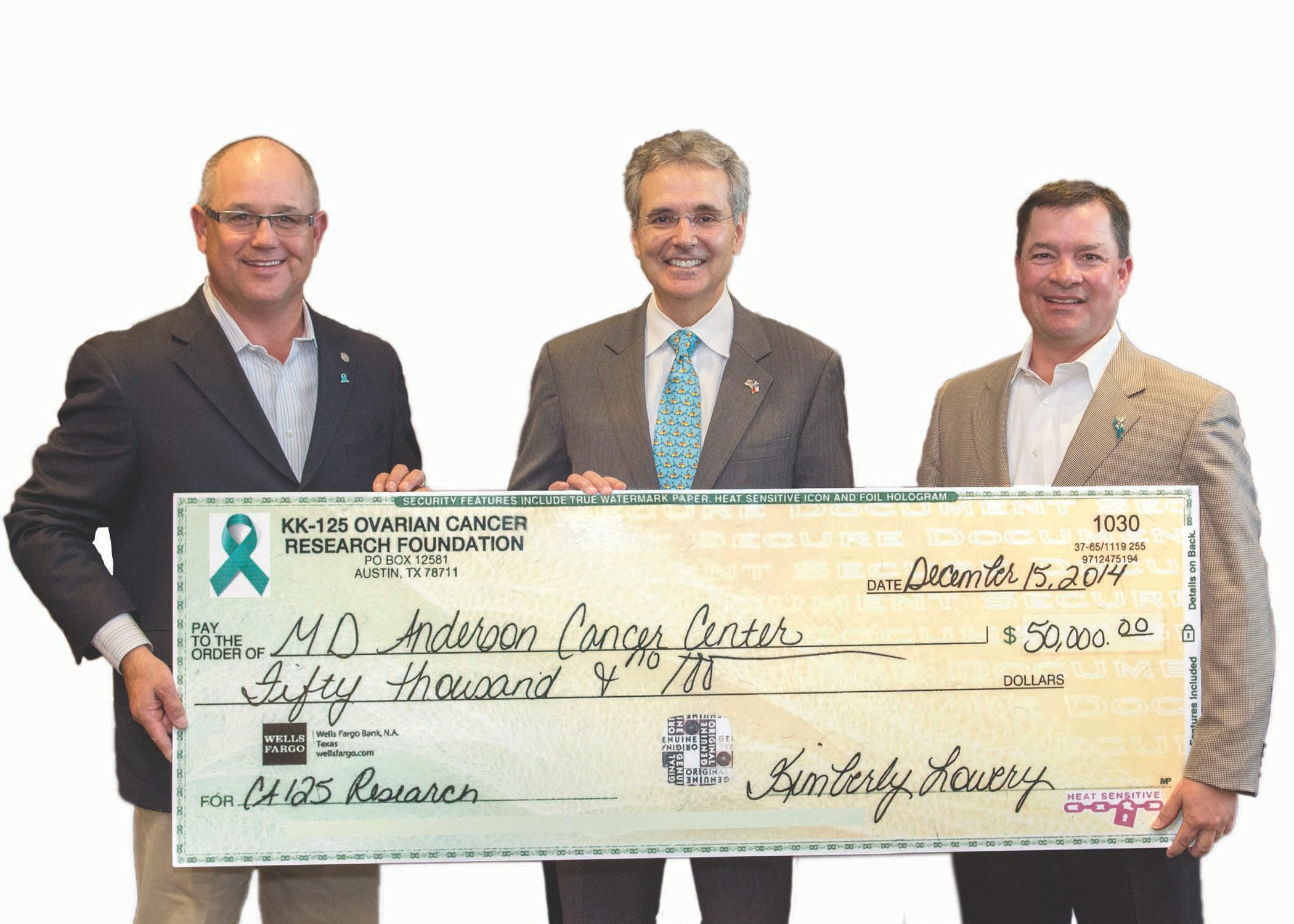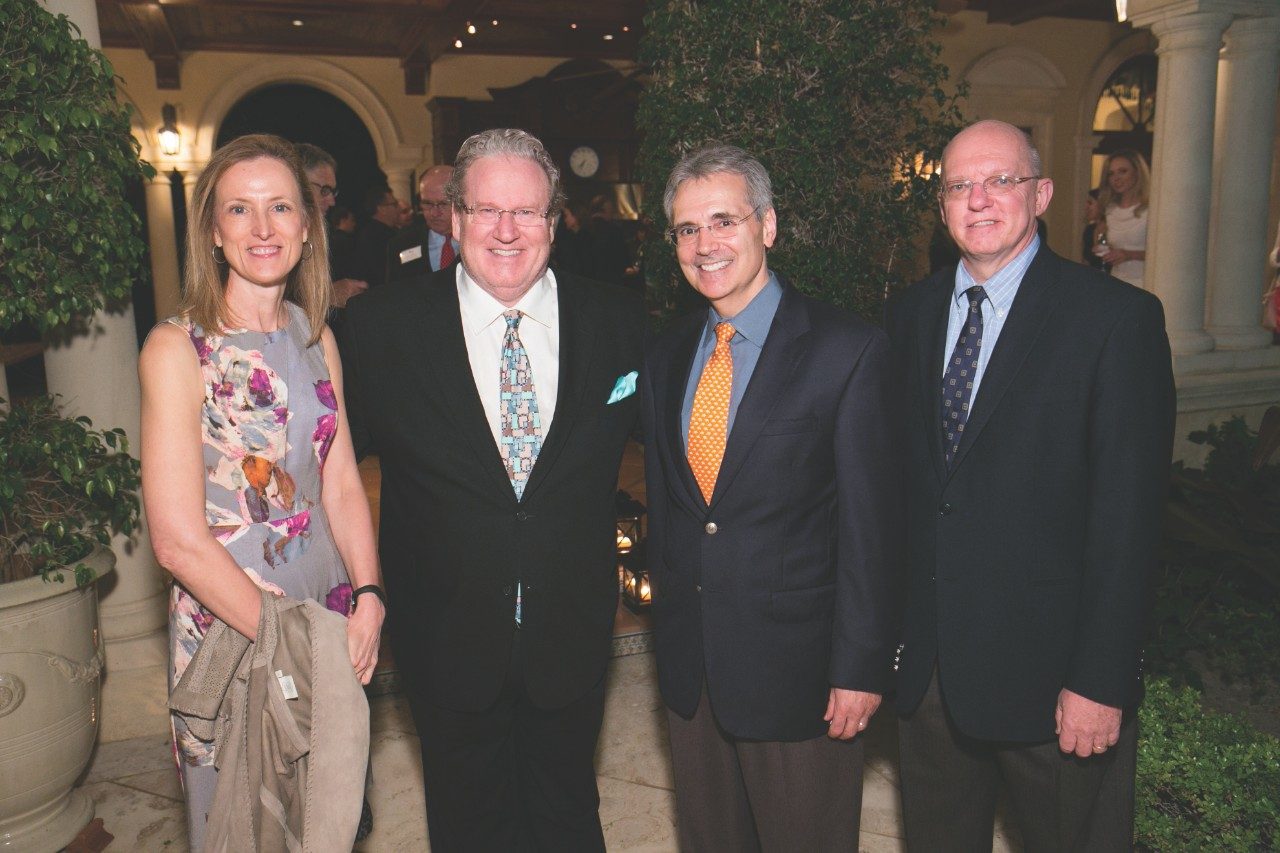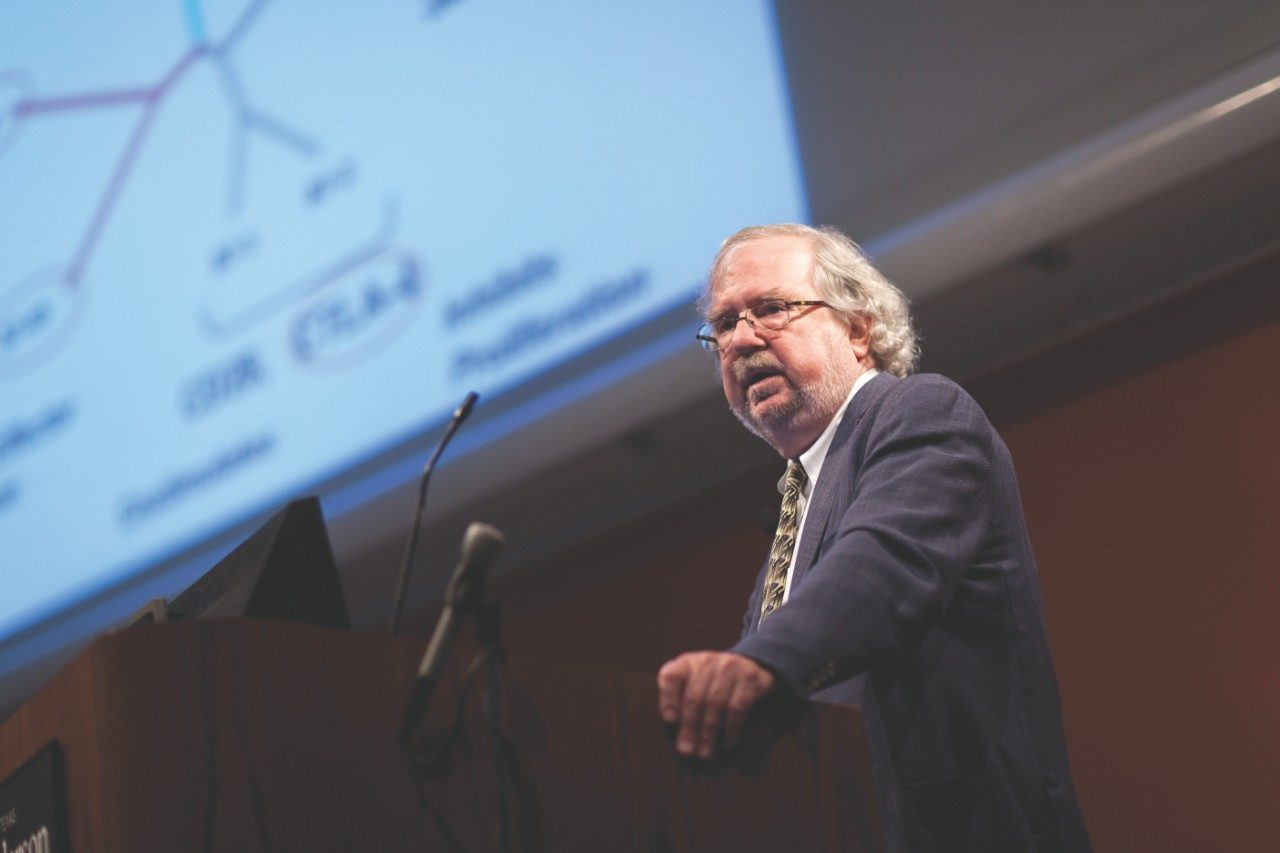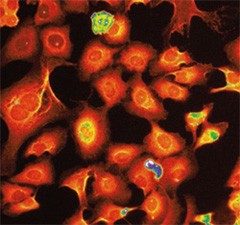Advance Team Newsletter - Spring 2015
Member spotlight: Jenee Bobbora
The Inflammatory Breast Cancer (IBC) Foundation held its inaugural Impact Award luncheon on March 2 at the Junior League of Houston. Chaired by Advance Team education chair Jenee Bobbora, her friend Judy Jackson and Advance Team member Dorothy Paterson as honorary chair, the event raised more than $230,000 for our newly formed Center for Radiation Oncology Research (CROR).
“I consider myself MD Anderson’s number one fan,” says Bobbora, a breast cancer survivor and president and co-founder of the IBC Foundation. “It’s such a pleasure to raise money for the institution because you know the money is going to be used by the best and brightest to help end cancer.”
Bobbora was diagnosed with IBC at MD Anderson in 2003. Tom Buchholz, M.D., executive vice president and physician in chief, was her radiation oncologist and treated her mother as well the very next year.
“I’ve always wanted to honor the doctors who dedicate their lives to ending cancer,” says Bobbora. “Dr. Buchholz was perfect because he helped establish MD Anderson’s IBC Clinic, is passionate about research and has a gift for explaining the complexities of his research in a way people can understand. On top of that, he’s a wonderful person.”
The inaugural Impact Award recognized Buchholz’s exceptional work in radiation, as well as his innovation and leadership.
“The Impact Award recognition ceremony was a highlight of my career,” Buchholz says. “I feel privileged to have a career devoted to caring for patients with cancer and working in an institution focused on providing the best treatment outcomes.”
Proceeds from the luncheon quickly reached $230,000 and continue to grow. More than 330 supporters attended the event, including 20 current and former Advance Team members.
“I’m excited by our efforts to improve current outcomes through research,” says Buchholz. “The funds we received from this luncheon will support the CROR’s goal of making radiation safer and more effective.”
CROR researchers are currently studying how targeted therapies can be coupled with radiation to more effectively treat cancer. They’re developing image-guided radiotherapy to more precisely detect tumors. They’re also developing nanoparticles to enhance radiation therapy’s effectiveness and sharing best practices to enhance radiation care across the nation.
Formed by concerned citizens, IBC patients, supporters and physicians, the IBC Foundation hopes to inform the public that all breast cancers don’t form lumps. IBC, rather, typically forms in sheets, making it often impossible to detect via mammogram. MD Anderson leads the way in IBC treatment, treating patients in our Morgan Welch Inflammatory Breast Cancer Clinic, dedicated exclusively for women with IBC, since 2006.


